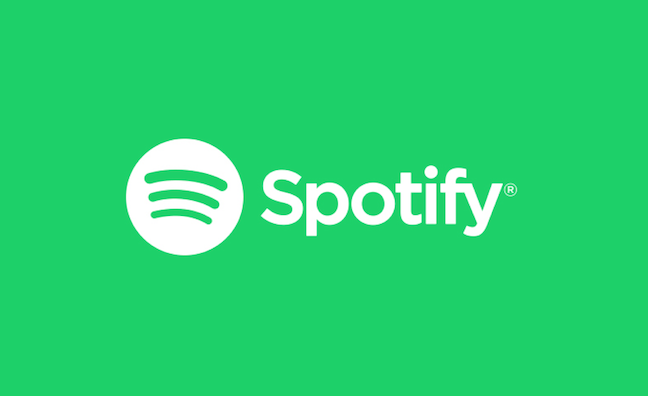Here’s the cold, hard truth about music streaming: right now, Spotify can’t seem to make money out of it. Meanwhile, Apple doesn’t need to…
Now, reading too much into music streaming company figures has been the death of many a ‘hot take’ specialist, but the contrast in recent filings from Spotify and Apple Music is impossible to ignore.
The headline stats look good for Daniel Ek’s crew: a declaration of 140 million active users rapidly following Spotify’s claim to have 50m paying subscribers. But on closer inspection, things look less rosy in Stockholm and not just because Spotify’s definition of an ‘active user’ is so broad – someone who has listened to at least 30 seconds of a track in the last 30 days – that it surely includes everyone who’s ever got drunk and gone on the internet.
It’s a similar story in revenue terms. Good news: Spotify brought in more revenue than ever before in 2016: €2.9 billion (£2.56bn). Not so good news: it still made a net loss of €539.2m/£475.3m (a big increase on 2015’s €231.4m/£204m).
Now, true, Spotify’s figures were affected by volatile exchange rates and much of the filing looks like a classic pre-IPO case of deck clearing (you can sense something similar in the rush of deals with streaming holdouts such as Taylor Swift and Bob Seger). The company put the widening losses down to “substantial investments in product development, international expansion and a general increase in personnel”. If such investments don’t appear in the next set of financials they will, of course, look rather healthier and add to a pre- (or possibly post-) float glow.
But in the fiercely competitive world of streaming – and it is now a global business, with Spotify lagging both local and international competitors in some crucial overseas markets – it’s not like those expenditures are likely to prove one-offs. And will Wall Street tolerate a business model that still involves paying out to rights-holders almost as much as it brings in from consumers?
Fortunately, the type of new deals Spotify is cutting with Universal and Merlin should ease some of those concerns. And going for a direct listing rather than an IPO, which Spotify is rumoured to be considering, would mean less investor pressure on Spotify’s business model, which clearly still needs time and scale (and music business support) to work.
Over at Apple Music, meanwhile, things are rather different. It recently passed 27m paying subscribers, still a long way behind Spotify.
But Apple in general brought in $52.9bn (£41.9bn) in revenue in Q2 alone – and it’s worth noting, if you’re in any doubt as to how demanding City types can be, that Wall Street wasn’t actually impressed with that figure, which is nearly £40bn (yes, £40bn) more than Spotify brought in all year. Apple doesn’t break out figures for Apple Music, though its services division contributed $7.04bn (£5.6bn) and rough estimates suggest Apple Music accounts for around 10% of services revenue. Or in other words: a drop in the ocean.
Apple, of course, makes the lion’s share of its income through iPhones and other hardware. But even within the services niche, music is now playing, at the very best, second fiddle to the App Store. In its financial filings, Apple revealed that over 180bn apps have now been downloaded from its App Store, with Apple paying out $70bn (£55.5bn) to developers since the store launched in 2008. And if they’re paying out that much, imagine how much Apple itself is making…
There’s a case for saying that iTunes sales initially began to stall, not because of the advent of streaming, but because of the rise of the App Store. But certainly, those mind-boggling stats mean Apple is under less pressure to make money from its streaming service than Spotify will ever be: as long as it can keep sexing up its devices business with the presence of lots of pop stars, it should be happy enough. Which may or may not make the biz’s upcoming licensing negotiations with the platform easier.
For Spotify, however, a lot hinges on fresh licensing deals with Warner and Sony. IPO or no IPO, it surely needs to find a way to make its core business profitable in the short term as well as the long. And, given how key streaming has become to music biz finances, everyone in the industry should be hoping they find it sooner rather than later.










